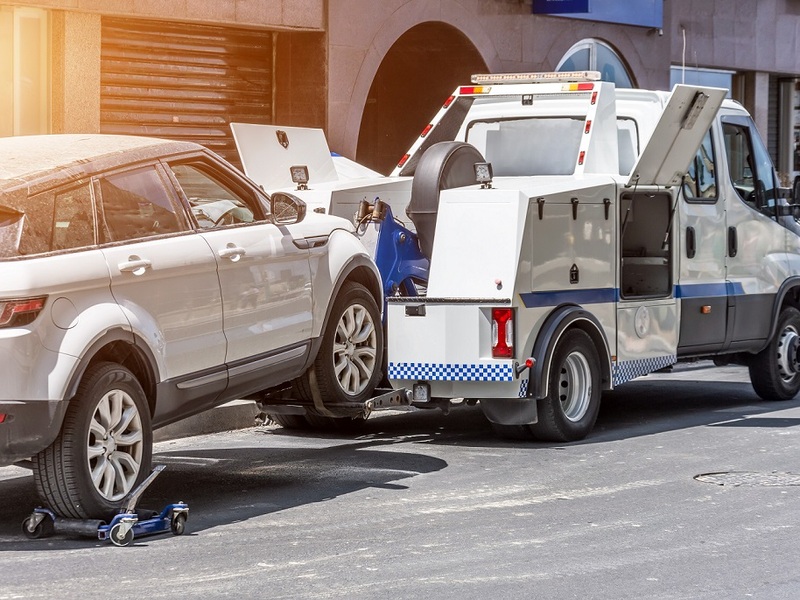Vehicle repossession occurs when a car owner can no longer keep up with their payments and the lender hires a repo company to take the vehicle back. The repossession can be forced or voluntary where the owner surrenders the vehicle instead of waiting to have it towed away. While you sympathize with the previous owner who may have fallen on hard times, you also wonder - can his loss be your gain? Just like foreclosed homes that need to sell quickly, repossessed cars are often priced well under market value. See if buying a repossessed car is a smart idea, where to find one for sale, and how to best handle the purchase.
Should You Buy a Repossessed Car?
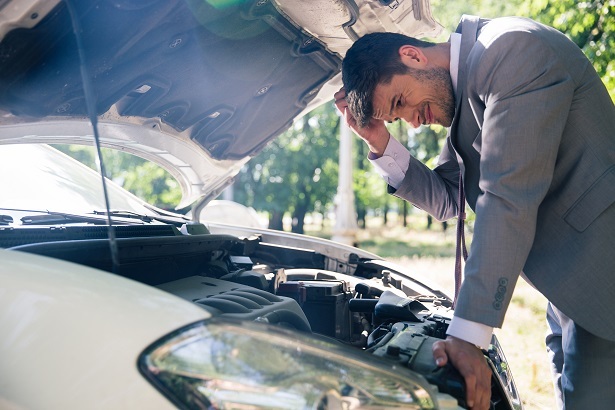
You can think of buying a repossessed car as a game of Russian Roulette. You might just end up with a vehicle in excellent condition at a bargain price. You might also find a car that was abused by the previous owner and is barely driveable. As for what you can expect to pay, the savings can be substantial. Most repo cars are priced less than market value, with average prices falling 25-40% below the cost of a similar used car.
With the appeal of big savings comes the risk of uncertainty. If the repossession is forced by the bank, the previous owner may have deliberately abused the vehicle prior to it being taken. Another concern is if the owner could not keep up with the car payments, it's likely they couldn't afford routine maintenance for the vehicle either. In most cases, the repo vehicle will be sold in as-is condition which means the seller waives all responsibilities for repairs needed after the sale.
Where to Find Repossessed Cars for Sale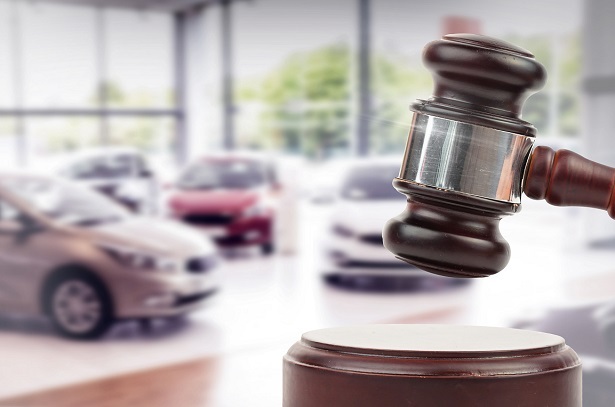
If you've decided to take a gamble and buy a repossessed vehicle, there are several routes you can take. According to J.D. Power, repossessed vehicles can be purchased directly from lenders, auctions, repo companies, and used car lots. Each option has some advantages and disadvantages that you should consider.
Buying directly from a lender means you can score an excellent deal because the bank wants to unload the repossessed car quickly. However, the vehicle will likely be sold in as-is condition after it has been sitting unused. When a vehicle is sold to the public, the lender accepts bids for a certain window of time and sells the car to the highest bidder. If you go this route, it's likely you won't even see the car in person before your bid is accepted.

Repossessed cars oftentimes end up being sold at vehicle auctions. Attending a public auction offers the benefit of a large selection of cars at low prices, and the ability to view them in person before you commit. One of the drawbacks to buying from an auction is that there may be stiff competition. If a car is appealing to you, it will also be appealing to others in attendance. Other considerations are that there could be fees to attend, and you'll likely have to pay for the vehicle in cash.
Buying a repossessed vehicle from a used car lot is the most straightforward and hassle-free option since it's a one-stop-shop to find, test drive, and finance the vehicle. Some dealers will offer a warranty for the car for added peace of mind. As with online repo companies, it's safe to assume you'll pay a slight premium because the car has been cleaned up and the dealer is looking to make a profit.
Tips for Buying a Repossessed Car
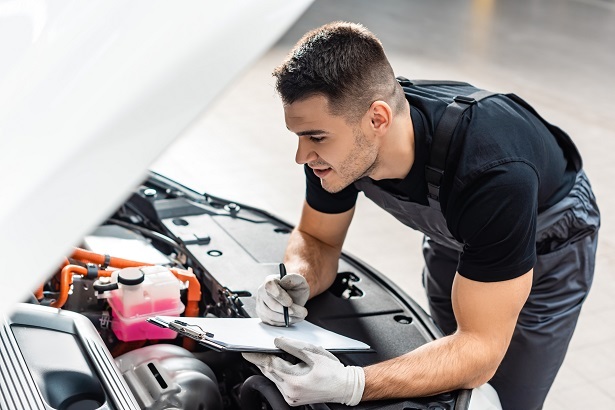
If you take the proper steps to plan for the purchase of a repossessed vehicle, it is possible to drive away with a bargain and still have confidence in the condition of the vehicle. No matter where you decide to purchase from, the key will be to learn as much about the vehicle's value and condition as possible before signing any paperwork.
When you find a repossessed car for sale online or at a used car lot, you should research the vehicle's market value based on its make, model, year, and mileage. Since repossessed cars often sell for up to 40% less than average, you'll be able to determine what you should bid for it or the top price you're willing to pay at the dealership.
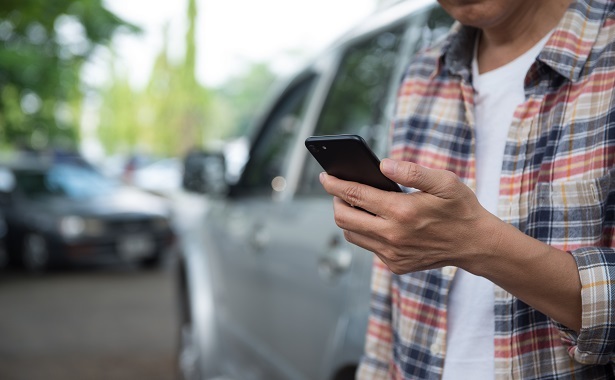
Next, you'll want to know as much about the vehicle's condition as possible before you commit to the purchase. Although some repo companies and used car dealers offer a short warranty, most of the time you'll be buying the car as-is. This is where it pays to make friends with a mechanic. If you bid on a car through a lender or repo company, you should ask to see the vehicle after your bid is accepted and bring a mechanic to inspect the vehicle for you.
To prepare for buying a repossessed vehicle from an auction you should have enough cash with you to cover the purchase or your financing pre-approval. It's also highly recommended to have the vehicle inspected by a mechanic in this case since auctions typically don't offer warranties.
Lastly, it's wise to look for newer models when shopping for a repossessed car. According to MoneySense, the sweet spot is sticking to vehicles under 18 months old since this reduces the odds of serious mechanical problems. By evaluating the car's value and condition before pulling the trigger, you can get the best of both worlds - a reliable used car at a bargain price.
